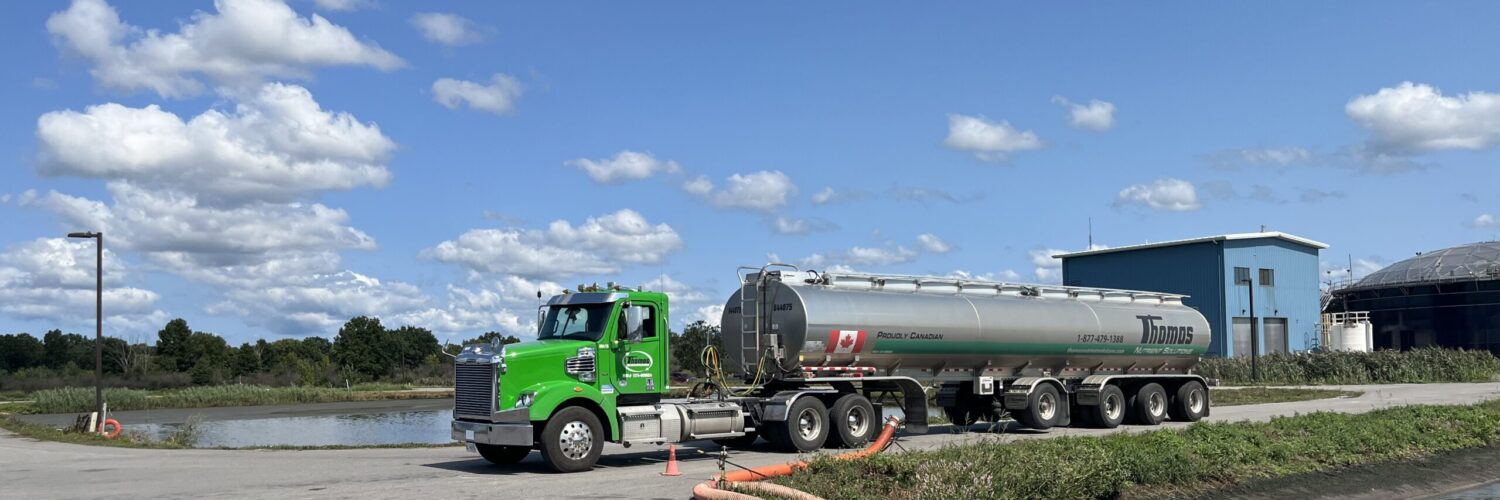Biosolids are ubiquitous throughout human civilization. It has constantly been around for centuries and there have been several ways that it was managed in the past. With the steady growth of population comes new challenges to proper biosolids management.
One issue is the growing complexity of biosolids composition. Biosolids contain around 70% to 98% water. The dry material in biosolids are mostly made up of inert minerals like sand and silica, or biological materials such as fat, protein, fiber and carbohydrates. But biosolids can also contain trace amounts of heavy metals, organic chemicals and pathogens. Each of these undesirable components will require proper biosolids management practices and different treatment processes for adequate elimination.
Another concern is the disposal method of biosolids such as landfills, soil application, or incineration. Some of the biosolids management methods may not be the ideal solution for the disposal of certain contaminants. Pathogens, for example, can be treated with the application of heat, but it will not remove it entirely. So, if the wrong disposal method is implemented, the bacteria may multiply again.
Measures are also needed to address new classes of contaminants that are found in biosolids, such as pesticides, plasticizers, hormones and antibiotics, and other toxins. Control of these substances is imperative in ensuring proper biosolids management because of the potential negative environmental impact that these new pollutants will bring. They must be properly monitored and regulated.
There is therefore a critical need to promote best management practices (BMP) for biosolids to ensure its safe application. This involves aggressive pretreatment, pollution prevention, vigilant monitoring, testing, soil surveys, and screening of the application area to safeguard it from contamination into our water resources. We also need to ensure that the sludge does not impact public health or the environment.
To put this problem into perspective, every person disposes of approximately 113 grams of feces each day and about 940 milliliters of urine. With more than 7 billion people around the world, this amounts to about 400 million metric tons a year. In addition, there are 1.4 billion cattle, 19 billion chicken, 1 billion pigs, and 1.8 billion goats and sheep, or 14 billion metric tons of animals, all producing waste.
Such a staggering amount of organic wastes will need the best management practices not only to reduce environmental pollution and safeguard public health, but to also find new and creative ways of recycling biosolids for more important uses.
Instead of dumping biosolids into landfills, these wastewater treatment by-products can be repurposed into something more useful. Biosolids have been processed into bricks instead of the traditional clay soil used worldwide. This would have a profound effect in reducing the 30% of the biosolids that end up in a landfill each year.
High grade biosolids have also been used as soil amendments which help with revitalizing nutrient-deficient soils and offering natural drought resistance for croplands. If best practices were maintained in the treatment and processing, there would be more biosolids available for agricultural use.
Countries like China, for example, have developed more than 173 large biogas plants and 748 medium to large bio-digesters to handle 20 million metric tons of sewage to produce 200 million cu metres of methane gas. This has wide-ranging applications for both the industrial and consumer segments.
It is critical that countries around the globe find viable ways of reducing, reusing, composting, incinerating, or disposing of biosolids safely and effectively. Biosolids have the potential to cause harm to both the environment and humankind if it is not managed properly worldwide. Best management practices in wastewater treatment are necessary for the health and safety of our planet.
If you are a municipality in Ontario and in need of a biosolids management solution, please feel free to contact us at 1 (877) 479-1388.
https://extension.unh.edu
http://www.cwwa.ca/

